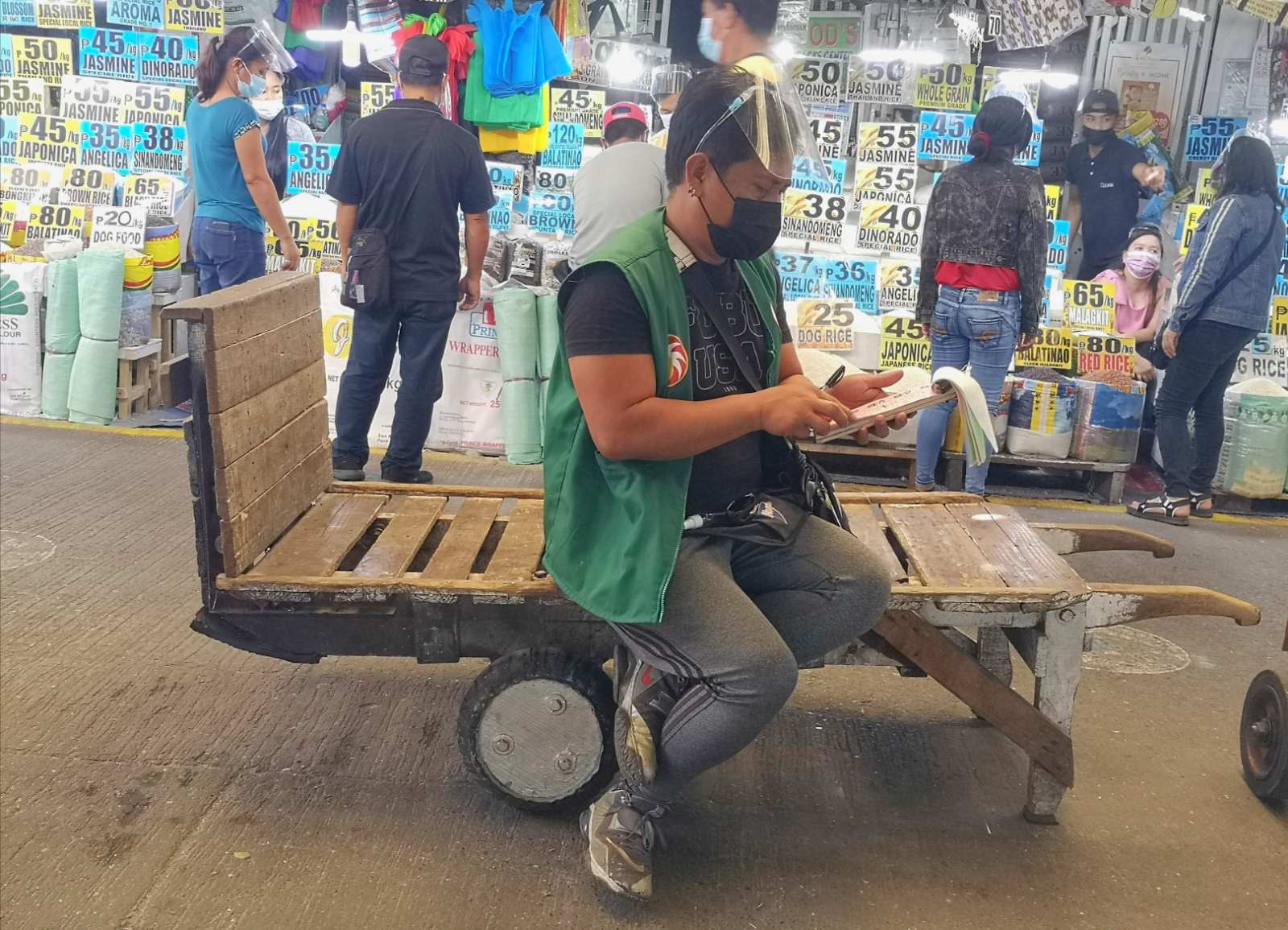
NUMBERS GAME Residents of Baguio have asserted their objections to all forms of gambling in the city, where government-accredited operations like Small Town Lottery have been allowed. They raised this position last month in a public consultation on the operation of e-bingo. —EV ESPIRITU
BAGUIO CITY — Two resolutions endorsing an e-bingo (electronic bingo) application were repealed by the city council this week, but the move stopped short of reasserting a “no gambling” policy which it enacted several times after the 1990 Luzon earthquake devastated Baguio.
In a unanimous vote, the council withdrew Resolution Nos. 208 and 209, indicating that Baguio would not object to the e-bingo operations to be put up by the firm RCC Global Entertainment in two hotels at the city center and on Marcos Highway.
Councilor Betty Lourdes Tabanda, one of five councilors who voted against the resolutions, initiated the repeal early last month.
The resolutions were passed during the council’s April 19 session. Tabanda said the measures were put to a vote even though some councilors were not provided with RCC’s letter request or given details on how it plans to operate in Baguio.
The resolutions were returned unsigned by Mayor Benjamin Magalong, who suggested holding a public consultation instead.
Bishop’s protest
About 50 position papers objecting all forms of gambling had been endorsed by different groups in the city.
On top of the list of protesters was Baguio Bishop Victor Bendico who declared that the diocese would oppose all forms of gambling.
“While people are anxious and downcast due to the crisis brought about by [the COVID-19 pandemic], we are being faced with more degrading and troublesome news about our councilors [wanting] to have bingo stalls in our locality,” Bendico was quoted in an April report of the Union of Catholic Asia News.
A Change.org petition was also started declaring Baguio as a “no gambling zone.” It drew more than 1,300 signatures.
The council had put off Tabanda’s repeal measure in several sessions but addressed it this week after RCC Global president Romeo Chong informed Vice Mayor Faustino Olowan on June 23 that his company was withdrawing its request for an endorsement.
Many of the councilors who endorsed the two resolutions said they wanted to take back their votes and heed “the general sentiment at the public hearing on RCC.”
But Tabanda said the repeal would not strike out the votes cast by the councilors.
Baguio had held a strong position against gambling shortly after the collapse of a hotel in 1990 which used to house a casino. In 1991, the council passed Resolution No. 236 which blocked the “return of casinos to Baguio or the establishment of a new one under any other form or guise.”
In 2002, it passed Resolution No. 122 “expressing the sentiment of the people of Baguio and the policy of the city government against gambling.” It was part of a series of resolutions that blocked the introduction here of the government-run Small Town Lottery.
Overturned
But this policy was overturned when the council allowed e-bingo operations in 2015.Two years later, the council studied a proposal filed by lawyer Edgar Avila to organize a body that would regulate e-games in light of national government support for state-sanctioned gambling.
Some councilors may pursue measures to emphasize Baguio’s policy on gambling, said Councilor Mylene Yaranon, who also voted against the RCC endorsement.
In their June 21 regular session, the councilors quizzed the Philippine Amusement and Gaming Corp. (Pagcor) about another proposal to set up access to e-sabong (electronic cockfighting) in Baguio, saying they were concerned about its potential impact on the youth who could access gaming portals.
Tabanda, a lawyer, informed Rodenmarx Gatdula, acting manager of Pagcor’s e-sabong licensing department, that a Baguio ordinance prohibits cockfighting within its territory. Allowing e-sabong may “infringe on our laws,” the councilor said.Gatdula said Pagcor might include Baguio in a list of areas which would not be allowed to place bets on e-sabong. INQ